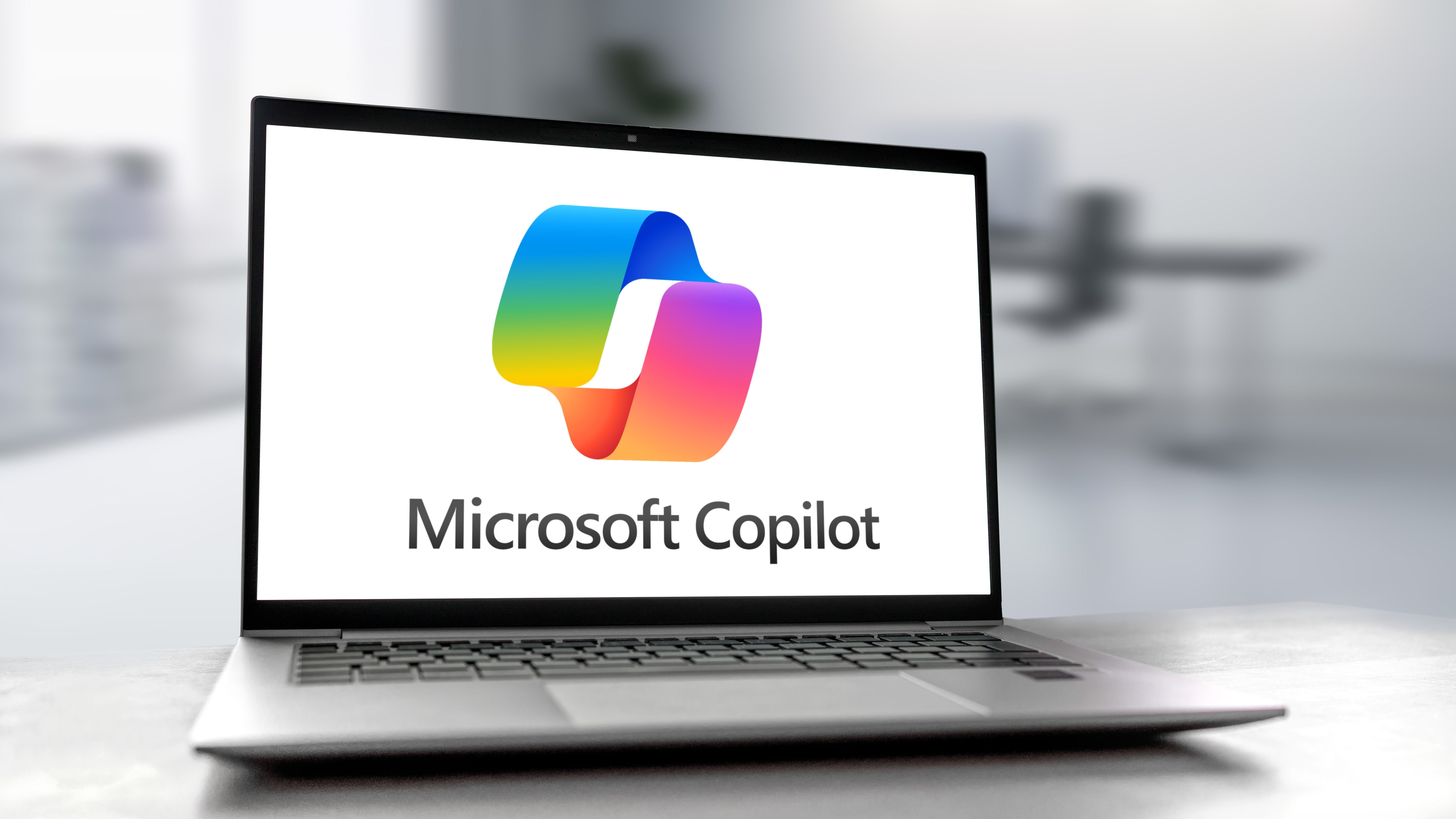Is your job safe from AI? A new report reveals one role that's surprisingly at risk
It might be time to consider other career options

Sign up for breaking news, reviews, opinion, top tech deals, and more.
You are now subscribed
Your newsletter sign-up was successful
- New Microsoft Research paper identifies areas where AI is already being used the most
- It also shows areas that AI has very little influence on currently
- The research could show potential for AI job augmentation, not just replacement
I don’t know about you, but I have this kind of nagging fear that AI is coming for me one of these days. If not imminently, then in the very near future. One thing that might allay that fear is knowing exactly where AI’s axe is going to fall in the labor market, so that I can make sure I’m always just out of its reach.
The problem is that right now we have a lot of people making bold assumptions about what sorts of jobs AI will take away, but as we all know, no plan survives contact with the enemy, so it might be better to approach the problem from another direction.
A new report from Microsoft Research has analyzed 200,000 real conversations between people and Copilot to understand how AI is being used by people in the workplace right now. This way, we can determine which roles are likely to be the most impacted as companies adopt generative AI in the future.
The most at risk
It should come as no surprise that the jobs the report identified as the most common work activities people seek AI assistance for all involve gathering information and writing, and that the most common activities that AI is performing are providing information and assistance, writing, teaching, and advising.
It turns out that interpreters and translators are top of the list when it comes to compatibility with AI, with a stunning 98% of their activities overlapping with frequent Copilot tasks that have fairly high completion rates.
So, if you're thinking of changing careers to become a translator, it might be worth considering your options. Also at the top of the list are historians, writers and authors, and journalists. It should be no surprise to also see proofreaders, editors, and PR specialists high up on the list, too.

The most resistant to AI
It’s physical trades involving working with people that are the most resistant to the influence of AI. The report puts nursing assistants, massage therapists, and machinery operators, including truck and tractor drivers, as the most AI-resistant occupations. Manual laborers like roofers, dishwashers, maids, and housekeeping cleaners were also near the top of the list.
Sign up for breaking news, reviews, opinion, top tech deals, and more.
The news will be good for some jobs, but terrible for others. Of course, nothing is guaranteed, and if you’re working in one of the most compatible areas for AI (I know I am!), then don’t panic right now because the research could be simply indicating that your area is one that is ripe for augmentation by AI, rather than replacement.
I think there will always be a need for skilled humans in some capacity, even in areas that will be heavily dominated by AI. That said, understanding AI’s impact on jobs is probably going to put you in a better position than if you have no clue about its threats.
You might also like
- You don’t have to explain everything to Claude anymore – it’s finally in your apps
- The next generation of ChatGPT is just around the corner - here’s why GPT-5 could transform the way you use AI
- I tried asking ChatGPT what my favorite fictional characters say about me – here’s what I learned about myself

Graham is the Senior Editor for AI at TechRadar. With over 25 years of experience in both online and print journalism, Graham has worked for various market-leading tech brands including Computeractive, PC Pro, iMore, MacFormat, Mac|Life, Maximum PC, and more. He specializes in reporting on everything to do with AI and has appeared on BBC TV shows like BBC One Breakfast and on Radio 4 commenting on the latest trends in tech. Graham has an honors degree in Computer Science and spends his spare time podcasting and blogging.
You must confirm your public display name before commenting
Please logout and then login again, you will then be prompted to enter your display name.